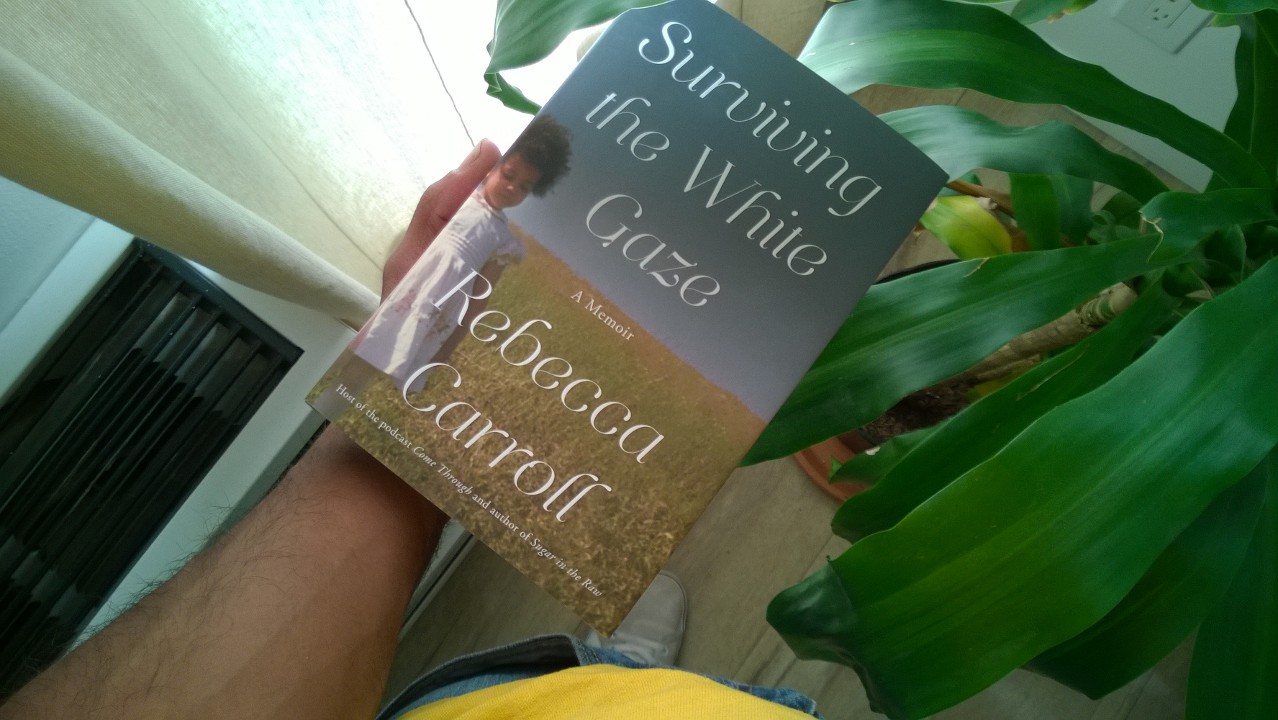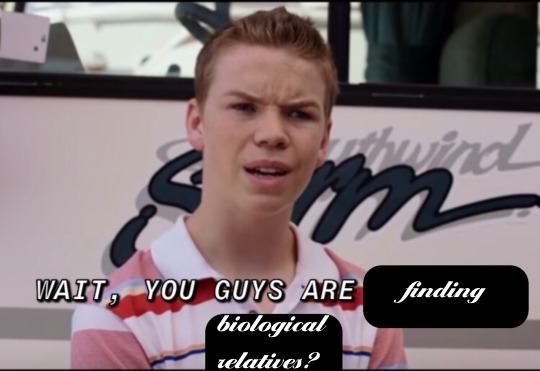
It’s a great book. I read it almost in one shot because I share the premises with the author: raised by white folks in rural white folks world and trying to find myself.
That’s the interesting part for most readers: her point of view and actions in a racially convoluted world. But I was looking for something else: Rebecca not having access to any biological relatives. She does, and it takes a wild turn.
She’s the second author I read who wrote about her transracial adoption. The first one was Marcus Samuelsson’s, which I wrote about two years ago. He, too, has connection with biological relatives, starting with his young sister.
Thus, the meme rises in my head:

It’s something to live without knowing anyone sharing your blood, ever. Not a picture, not a name, nada, zero. No one looking like me, in perpetuity. It’s the result of national laws in France and the times in which my adoption happened. I’m at peace with that. Sort of. I guess? Now you know why I care more about the now and the future. The past is this rigid, unmovable and unattainable bitch.
Rebecca notes about a big national event that “but I realized, not for the first time, that I had no real community at a time of crisis” . I feel that. I felt that so often in my life, even with significant others by my side or my parents around and everything being fine. There’s just something missing. They don’t get it. They want to tell me how to feel, while subconsciously knowing it won’t work.
Therapy? You mean paying a white dude to listen to things he can’t comprehend while he tries to put me on meds? This sounds like a bad idea.
I just need some black love. It’s always done wonder to me. I take a sip of it and I’m over 9000 for the next eight weeks. It’s just science.